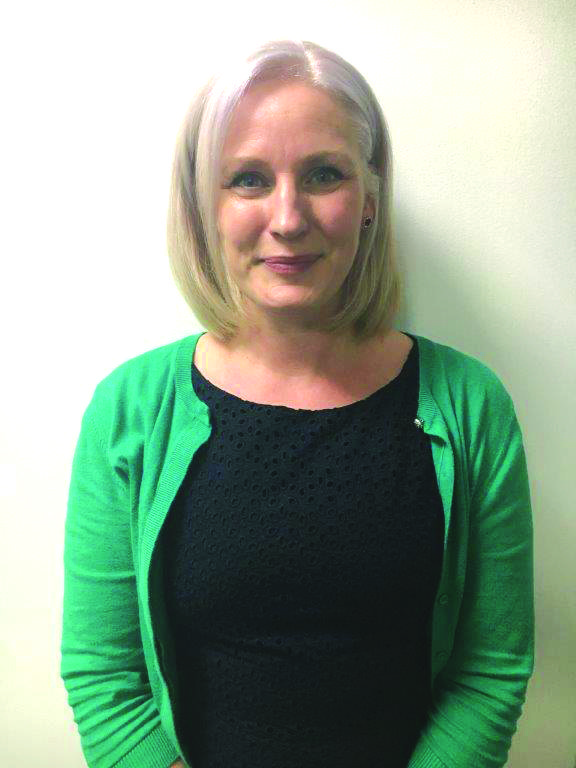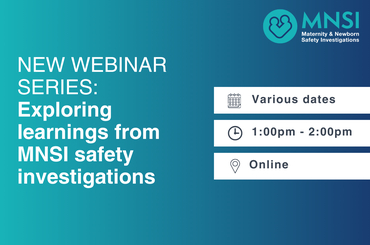This blog post was published when our programme was part of the Healthcare Safety Investigation Branch (HSIB). Find out about HSIB legacy.
CPADs contain an automated electronic device (AED) that, in the event of a sudden out of hospital cardiac arrest, can provide lifesaving treatment by delivering an electric shock to the heart.
CPADs can be found in public areas such as disused telephone boxes or community centres. Often the defibrillators are locked and a special code is needed to open the unit.
During the course of a maternity investigation we became interested in the accessibility of CPADs following instances where access to CPADs were impacted by their location and may not have been registered.

We learned that during high levels of activity, emergency 999 calls may be diverted and answered by a call handler in another part of the country to where the call is being made. We identified that on at least one occasion the access code could not be identified when a call was taken by an out of area ambulance trust. This impacted on the ability for the public to access the defibrillator. In this instance, the CPAD had to be smashed to gain entry.
No national guidance for registering defibrillators
Besides needing an access code to use a CPAD, they always need to be registered on ‘The Circuit’. The circuit database helps ambulance trusts find their location and share codes for unlocking. HSIB found that there is no national guidance on registering CPADs and sought to understand the impact that this may have on supporting an out of hospital cardiac arrest.
In 2021, The Circuit was established as a centralised database where all CPADs could be registered. CPADs can be purchased from a number of providers. Once purchased, the CPAD will have a ‘guardian’ who will oversee the registering, maintenance and management of their local CPAD. Once a CPAD has been registered on The Circuit, this allows 999 call handlers to locate the nearest available defibrillator, advise on it’s location, and provide the caller with an access code to obtain the AED.
Variation in availability
HSIB learned there are variations in whether defibrillators were stored in locked or unlocked cabinets, and whether they were positioned in an accessible location.
In England there are approximately 47,000 CPADs. Most of them can be accessed by the general public, in the event of an out of hospital cardiac arrest. However, if a CPAD has been accessed and the AED used, then this will show the defibrillator is unavailable on the system. In some instances, CPADs are registered to schools or businesses for example and as a result these CPADs are not accessible for out of hours use.
We are exploring our next steps and with ambulance trusts.
Find a defibrillator
You can find where your nearest CPAD is on the Defib finder website.
Related news
Safety Spotlight: Delayed escalation in abnormal CTGs
Introducing COMPASS: A new safety tool to help understand the impact of culture on patient safety
Safety Spotlight: Prescribing and dispensing of low molecular weight heparin
